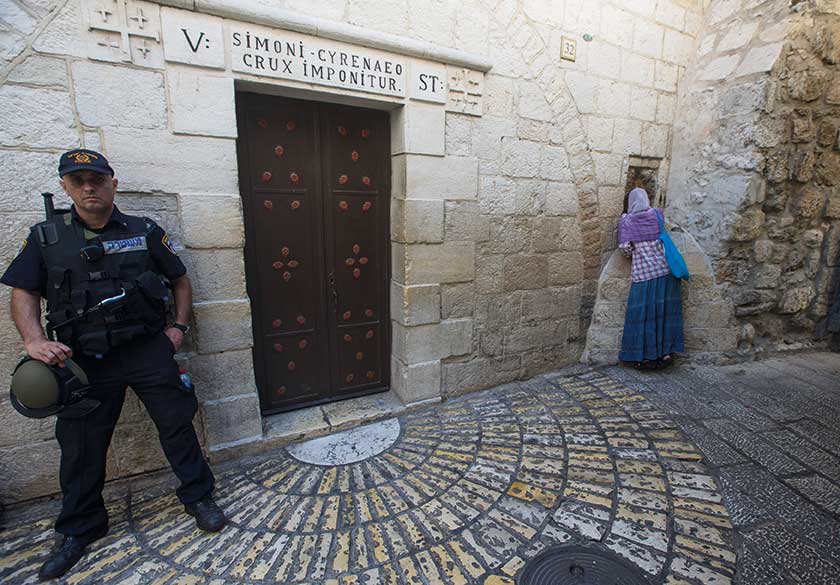Tension between the Arab and Jewish communities in both Israel and the occupied Palestinian territories is constant. It periodically experiences peaks of violence in the form of intifadas, acts of terrorism or open warfare with Palestinian armed groups.The so-called "knife crisis" has been shocking Jews and Arabs for months in both Israel and the occupied Palestinian territories. Palestine and Israel. The knife attacks, not always spontaneous, by Arab Muslim citizens against policemen or Jewish citizens and the subsequent revenge by Israeli radicals raise fears of a new wave of violence.
The knife crisis began in late September in Jerusalem neighborhoods near the Esplanade of Mosques, where the Al Aqsa Mosque, the third holiest site for Muslims after Mecca and Medina, is located. The attacks spread to Palestinian cities where there are nearby Israeli settlements. The causes are various: the feeling that any negotiation with Israel is doomed to failure, the feeling of humiliation of many young Palestinians who have no opportunities at all, the precarious economic situation in the occupied territories of Israel, the lack of a better future for the Palestinians, and the lack of a better future for the Palestinians. West Bank or clashes with Israeli settlers.
All these factors have paved the way for violence, but, as is often the case in such cases, it was a single spark that ignited the fuse. The trigger was the rumor that Israel was preparing to modify the status quo of the esplanade of the mosques to allow Jewish prayer on the site where the Temple of Jerusalem once stood. The rumor provoked a strong protest within the
Is there progress in the talks on the agreement between the Holy See and Israel?
-The agreement with Israel, which is still in the process of being finalized, is the third to be signed between the Holy See and Israel. For the most part it concerns matters of a fiscal and economic nature. At this stage it is not possible to say when the agreement will be completed. There are some outstanding issues on which a course of action will have to be mutually agreed. The Holy See's hope is that this will happen soon.
Is there any news regarding the ownership of the Cenacle?
-The Holy Places are administered under a series of provisions and traditional rules known as Status quo. It is important that all interested parties commit themselves to respecting the provisions so that everyone can have quiet and peaceful access to the Holy Places. As for the Cenacle, there are no new developments and no future changes are expected in the short term.
Could you explain the situation of Christian schools in Israel?
-For a long time, the State of Israel has recognized and even partially funded Catholic schools. More recently, government funding was gradually reduced to levels that could not guarantee the operation of the schools, and the reduction has severely affected all Catholic schools in the country. After lengthy discussions and negotiations it was possible to reach a compromise that allowed the schools to carry out their normal academic activities. In the meantime, negotiations continue with the aim of finding a definitive solution to the dispute. Catholic schools in Israel are appreciated for their high academic standards and for the important role they play in the education of the younger generations of the different communities.
Can the Holy See help end the wave of violence between Palestinians and Israelis?
-The only "weapon" the Church has against violence and all kinds of social and religious conflicts is education. It is a long-term process, but educating people's minds and hearts is the only effective way to build a peaceful society based on the values of tolerance and mutual respect.









